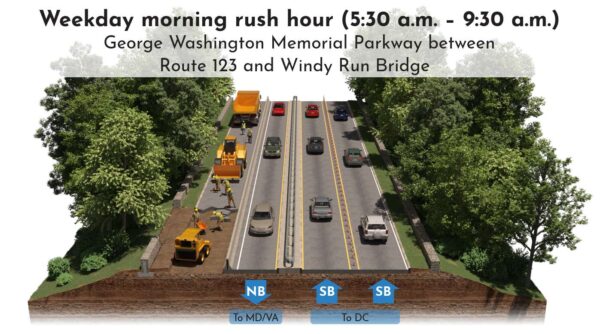U.S. Representatives Bill Pascrell, Jr. (D-NJ-09) and Donald S. Beyer, Jr. (D-VA-08) today introduced the Reduce Helicopter Noise Act to take federal action that would rein in the growing noise of helicopter flights over American communities.
“In urban and suburban communities like ours, the number of complaints about commercial helicopter noise has grown exponentially,” said Congressman Pascrell. “This noise is often more than a mere nuisance but a significant quality-of-life hardship that shakes homes and severely disturbs sleeping patterns. The sound of a whirlybird hovering above your house is no picnic. As commercial helicopter noise grows in the tristate region and across America, the federal government can and must seek ways to curb the problem. Our legislation would implement well researched recommendations to reduce helicopter noise in New Jersey, New York, and beyond.”
“I am glad to co-lead this important legislation that would build on the recommendations for the GAO report I requested and upon the pilot program I helped establish to report helicopter noise. We have already seen how having a pilot has increased the transparency for those impacted by helicopter noise. A national program could be transformative for Americans across the county,” said Congressman Beyer.
The Reduce Excessive Decibels and Unwanted Commotion and Emissions to Heighten Enforcement and Limitation of Intrusive Chopper Operations to Protect Towns and Enhance Residents from Noise Act (REDUCE HELICOPTER Noise Act) is co-led by Reps. Pascrell and Beyer, and sponsored by Reps. Robert Menendez (D-NJ-08), Jerrold Nadler (D-NY-12), Nydia Velázquez (D-NY-07), Jamaal Bowman (D-NY-16), Eleanor Holmes Norton (D-DC), and Jamie Raskin (D-MD-08).
Studies detailing the negative impacts of aircraft noise, including from helicopters, have found it causes disturbances that can increase community annoyance, disrupt sleep, adversely affect academic performance of children, and even increase the risk for cardiovascular disease.
The Reduce Helicopter Noise Act would direct the Federal Aviation Administration (FAA) to establish a helicopter noise complaint information sharing database to receive, collect, and provide access to information regarding helicopter noise complaints. FAA and helicopter operators would be required to share complaints received to ensure the appropriate actor receive such complaint and requires proper complaints to be addressed. This approach follows recommendations made by the Government Accountability Office (GAO) for the D.C. area in January 2021. The bill would take the GAOs suggested mechanism and establish it for the whole nation.
Additionally, Pascrell’s bill would improve FAA officials’ ability to identify the helicopter operators by providing more transparency of the helicopters’ ownership structure. Background on these issues has been assessed by the GAO in separate reports in March 2020 and January 2021 (footnote 22), respectively.
Since being inundated with North Jersey constituent complaints, Congressman Pascrell has crusaded against helicopter noise over urban and suburban communities. In September 2022, Pascrell demanded the FAA seek ways to crack down on commercial helicopter noise.
On March 15, 2023, Pascrell joined several tristate congressmembers pushing FAA and National Park Service leaders to address commercial helicopter noise.
On April 18, 2023, Pascrell asked members of the House Transportation and Infrastructure Committee to add new measures to the FAA reauthorization bill to address the growing problem of helicopter noise over communities in North Jersey, as well as New York City.


